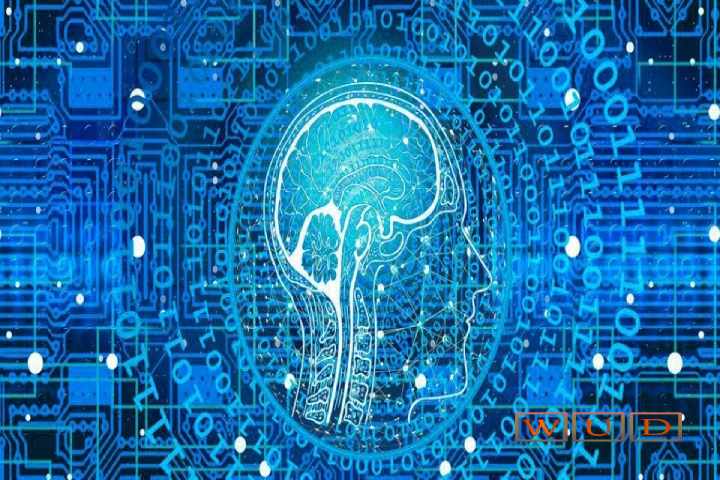Seven Best Real-Life Use Cases for Machine Learning (ML)

Machine learning (ML) is one of those once-in-a-generation technologies that has the potential to change pretty much everything about the way that we live our lives. In fact, it’s on a similar scale to the way that the telephone, the television and the internet changed the way that we live our lives, except that ML arguably has even more potential.
At the same time, machine learning is a little less glamorous because it tends to sit beneath the bonnets of the tools that we use. In fact, when machine learning is used well, the end-user rarely even realises that ML is a part of the algorithm they’re interacting with. They just think it’s a very well-written algorithm.
Here are just a few of the most notable real-life use cases for machine learning.
Table of Contents
Seven Best Real-Life Use Cases for Machine Learning (ML)
1. Content recommendation
Machine learning sits under the bonnet of most of the tools that we use on a daily basis and helps to make recommendations about the content that we might like to consume. It powers recommendations on Spotify, YouTube, Netflix and other popular content providers and streaming sites.
2. Enhancing development
Machine learning and AI development is one of the most exciting current trends in both web development and software development because it can save developers a huge amount of time and thus cut down on the cost of builds. It can automate simple tasks such as searching for and repairing broken links on huge websites.
3. Smarter cities
Machine learning could be used to create smarter connected cities that gather huge amounts of data for the ML algorithm to process. The idea is that every road can gather traffic data and every public building can monitor usage patterns. The city can then re-route roads to cut down on traffic jams or make amendments to staffing rotas to cover peak times in public amenities.
4. Better healthcare
In the healthcare industry, machine learning is being used to analyze huge quantities of patient data and to identify better ways of treating people. In a similar way to how ML is used to make more accurate content recommendations, it can also provide more accurate treatment options based on what worked for other, similar patients.
Also Read: How Companies Are Benefiting From Machine Learning
5.Translation and accessibility
Machine learning does a pretty good job of localising content and making it more accessible, whether that’s by providing text-to-voice functionality for those with visual impairments or whether that’s by allowing people to automatically translate your content into their first language. It’s not as good as a human translator, but it’s close.
6. Fraud prevention
Machine learning can help to combat fraud prevention because it can automatically flag up unusual transactions. In fact, machine learning models can help to increase fraud detection accuracy by as much as 40-50%, and the customer doesn’t even need to know that it’s being used to benefit.
7. Self-driving cars
Self-driving cars use machine learning to function as they cruise around our streets. In fact, they work by analysing the data created by hundreds of thousands of hours of human driving and then basically act by predicting what a human being would do in any given situation.
Conclusion
Now that you know just a few of the best use cases for machine learning in our modern world, it’s over to you to carry out further research or to continue the discussion in the comments. One thing’s for sure, though – artificial intelligence (AI), machine learning (ML) and natural language processing (NLP) are likely to become increasingly important to us as people and as a society as a whole in the years to come.






